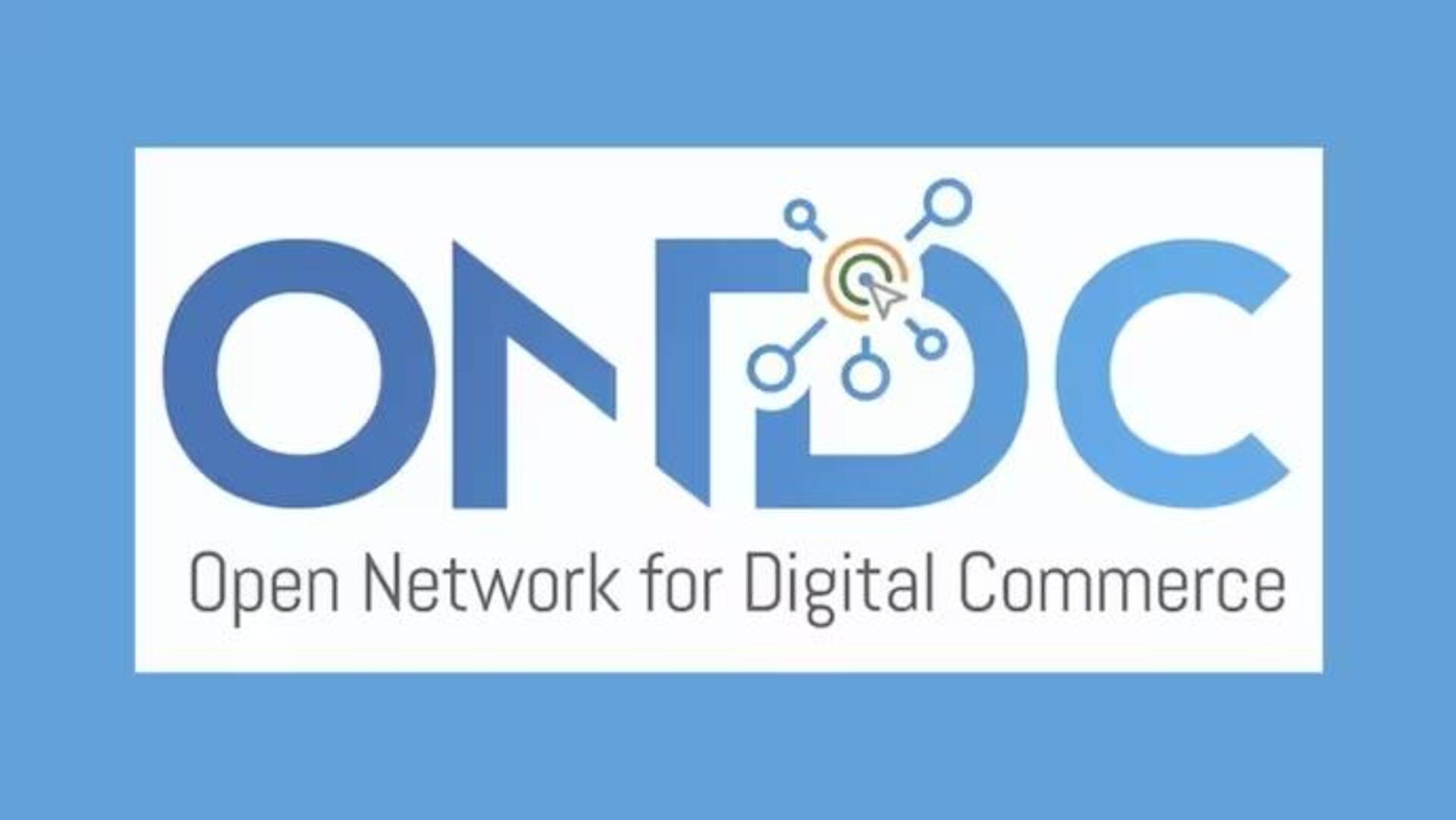
ONDC revises incentive scheme: Here's what has changed
What's the story
Indian government-backed Open Network for Digital Commerce (ONDC) has introduced a revamped incentive scheme aimed at empowering buyer-side applications with more flexibility while extending support to smaller cities. The revised scheme, effective today, brings substantial changes to how discounts are disbursed to consumers and introduces measures to enhance merchant participation in non-metro districts.
Details
Evolving incentive structure
The updated ONDC incentive program raises the maximum weekly claim limit for buyer-side apps from Rs. 25 lakh to Rs. 40 lakh. A significant change is the elimination of specific order discount tracking. Instead, ONDC will now concentrate on average discounts in different categories. For instance, in the food and beverage category, the average incentive for orders over Rs. 200 has been reduced to Rs. 50 per order from Rs. 100. This indicates a departure from a fixed-rate incentive system.
What Next?
Reduced transaction limits
Another crucial alteration is the limitation on the number of transactions eligible for incentives per week. The number is now capped at two per buyer, down from five in the previous version of the scheme. This change reflects ONDC's commitment to strike a balance between incentivizing users and responsible market practices.
Insights
Balanced approach to seller incentives
ONDC is extending its staggered incentive approach to seller-side applications as well. Platforms can receive up to Rs. 6,000 for onboarding sellers in metro areas, Rs. 7,500 in tier-2 and tier-3 cities, and Rs. 5,000 in all other cities, provided the grocery category includes more than 5,000 stock-keeping units. These incentives will vary based on the seller's stock-keeping units and category.
Details
Focus on smaller cities and international expansion
ONDC's new incentive scheme is part of its broader strategy to empower small cities and expand globally. The network has witnessed orders from 620 cities, even without extensive promotional efforts. ONDC is poised to prioritize smaller towns, artisans, and farmer-producer organizations in its future incentive programs. Additionally, it plans to pilot B2B purchases in international markets such as Dubai and Singapore. For this, Indian sellers will be given badges of quality by a credible rating company.